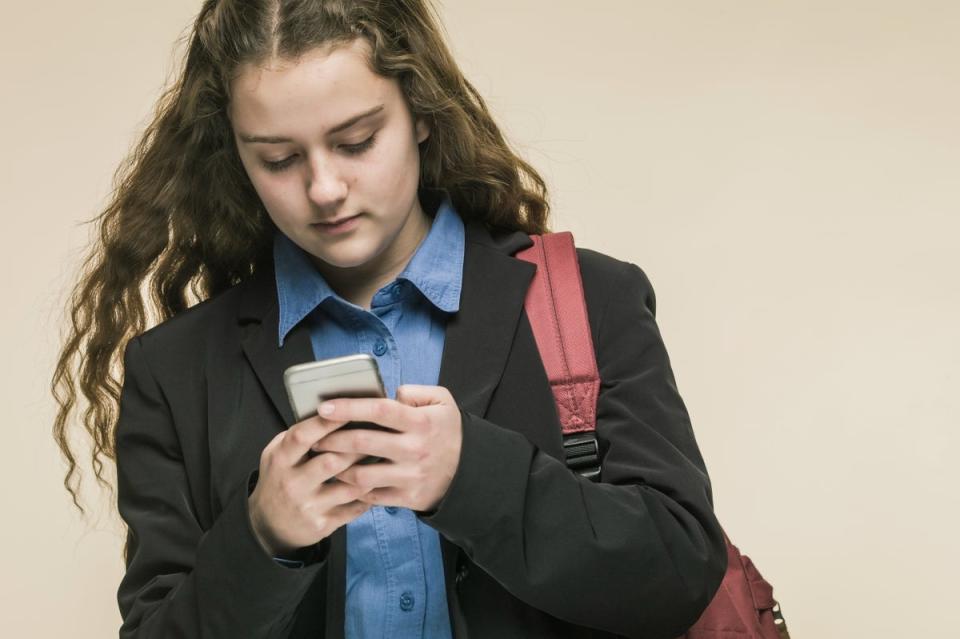Teens taking too long to do homework because of mobile phone distractions

Teenagers are taking so long to do their homework because they are distracted by their mobile phones that it is having an impact on their well-being, the Government’s former mental health czar warned today.
Natasha Devon said pupils are spending all evening doing schoolwork because they are simultaneously looking at WhatsApp and TikTok, which means they are not getting enough sleep or time for activities that would benefit their well-being.
Ms Devon, who visits three schools a week in her role as a mental health campaigner, said youngsters have enough information about how to protect their mental health but do not feel they have the time to implement it.
She said: “Quite often their homework takes them way longer than their teachers say it should.
“This is usually because they have chat windows open or they have their phone next to their laptop with the notifications switched on, so they are essentially trying to multitask.
“They are not getting the best out of anything because they are not focusing on their homework but they are also not getting the joy of social media either.”
She added that children as young as 13 tell her they do not have half an hour in their day to “empty their stress buckets” with activities such as mindfulness or meditation.
She said: “When I asked them why they said ‘homework, studying, revision.’”
Ms Devon recommends that pupils compartmentalise their time, put phones in a drawer and check messages at a certain time. She said: “They are so used to constant distraction that at first they will get ‘monkey mind’ where they will try to focus but their brains will be wondering if they have got a message. It takes about two weeks to start rewiring neural pathways so stick with it.”
Ms Devon also warned that teenagers would “rather ace every bit of schoolwork and lose their mind, than nurture their mental well-being and get a lower grade”.
In every school she visits, Ms Devon asks students to raise their hands if they agree that exam results are more important than mental health. She said: “Always more than 50 per cent of pupils raise their hands.”
The discovery inspired her to write a book, Yes You Can: Ace School Without Losing Your Mind, published last month.

 Yahoo Movies
Yahoo Movies 